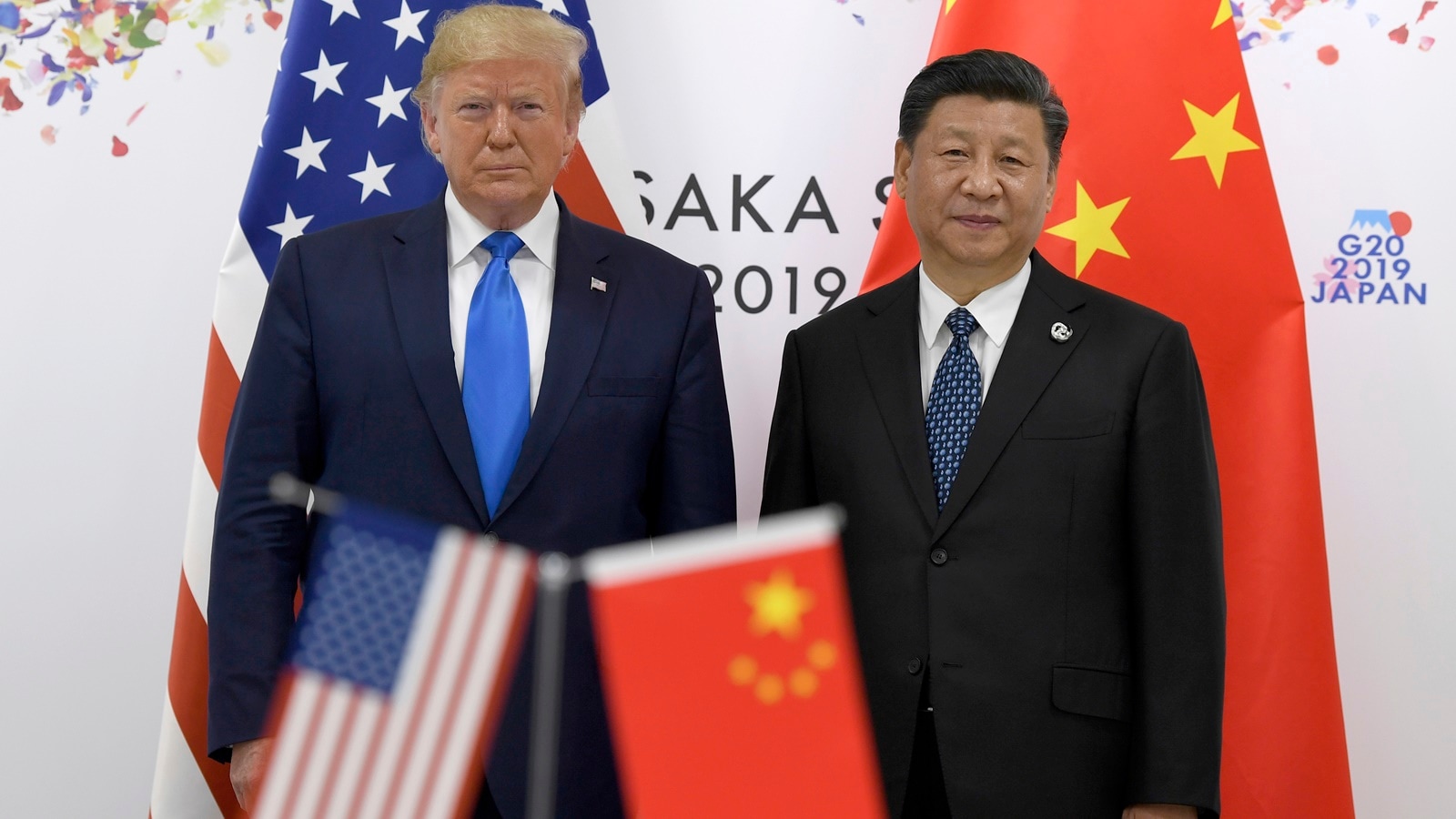US-China Reciprocal Tariffs Deal: The United States and China have agreed a deal to slash reciprocal tariffs in an effort by the Washington and Beijing to de-escalate a trade war that has kept the global markets on edge, news agency Reuters reported.
After talks with Chinese officials in Geneva, US Treasury Secretary Scott Bessent told the media that both the sides had reached an agreement to halt the measures for 90 days and that reciprocal tariffs would come down by 115 per cent. “We would like to see China more open to US goods,” Bessent added.
According calculations based on China commerce ministry statement, China is all set to fix tariffs on US goods at 10 per cent while suspend additional 24 per cent tariffs for next 90 days and junk additional 91 per cent tariffs.
This comes after US had in place a 145 per cent tariff on Chinese imports, while China slapped a retaliatory 125 per cent tariff on the US, alongside restrictions on exports of “rare earths” to the US. This was akin to an outright trade embargo between the top two economies of the world, and was untenable in the long run.
In a move to break the stalemate, Bessent and China’s vice-premier He Lifeng had been engaged in closed-door discussions over the last weekend. Vice Premier Lifeng said the talks were “in-depth” and “candid”.
Meanwhile, the trade tensions between the two countries had started benefiting India, as US buyers began turning to Indian suppliers following the imposition of steep tariffs by the US on Chinese goods. These tensions have also improved India’s prospects for deeper economic integration with Western nations.
The data from China’s Ministry of Commerce showed that while China’s exports to the US fell by over 20 per cent in April, its overall exports rose by 8.1 per cent year-on-year, buoyed by strong performance in the ASEAN region and other markets indicating limited impact of US tariffs.
© IE Online Media Services Pvt Ltd


